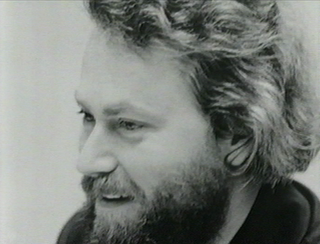A Quote by Rajneesh
Zen is not morality, it is aesthetics. It does not impose a code of morality. it does not give you any commandments: do this, don't do that.
Quote Topics
Related Quotes
Talking about morality can be offensive. Morality is a politically incorrect subject. Many people are genuinely offended if someone speaks of morality and family values. It is okay if you talk about your sexual fantasies and deviances. This is called "liberation". But you would be frowned at if you talk about morality in public. Then you'd be accused of trying to impose your values on others.
Some people think that in order to lead a morally decent life one may sometimes have to forego the possibility of having a good life oneself. Even if that is true, it does not render morality incredible, but it does raise a question about morality's authority: about what one has most reason to do when one is faced with a conflict of this kind.
What, by a word lacking even in grammar, is called amorality, is a thing that does not exist. If you are unwilling to submit to any norm, you have, nolens volens , to submit to the norm of denying all morality, and this is not amoral, but immoral. It is a negative morality which preserves the empty form of the other.
My ethics, my sense of morality, my work ethic, my sense of compassion for suffering humanity, all of that comes directly out of the practice of poetry, as does my Buddhist practice. Poetry is a very important element in the history of Buddhism in general and in Zen in particular. It was really Zen that motivated me to change the way I perceive the world.
Although I'm not Christian, I was raised Christian. I'm an atheist, with a slight Buddhist leaning. I've got a very strong sense of morality - it's just a different morality than the loud voices of the Christian morality.... I can't tell you how many films I've turned down because there was an absence of morality. And I don't mean that from any sort of Judeo-Christian-Muslim point of view. I'm not saying they're wrong and can't be made. But, fundamentally, I'm such a humanist that I can't bear to make films that make us feel humanity is more dark than it is light.
We're always projecting our moral categories on things. I think that's inevitable. But capitalism places no particular value on morality. Morality in the market is enforced by contract and regulation and law, because morality is understood to be in conflict with the motive force of greed and accumulation.






































